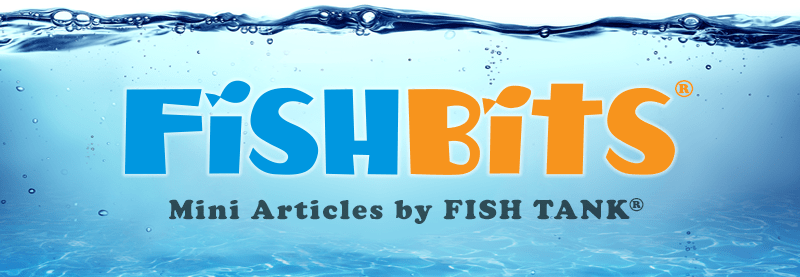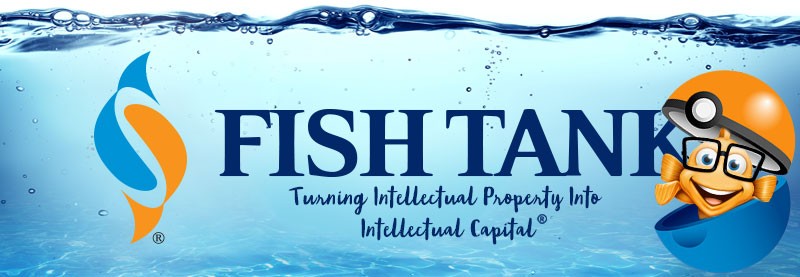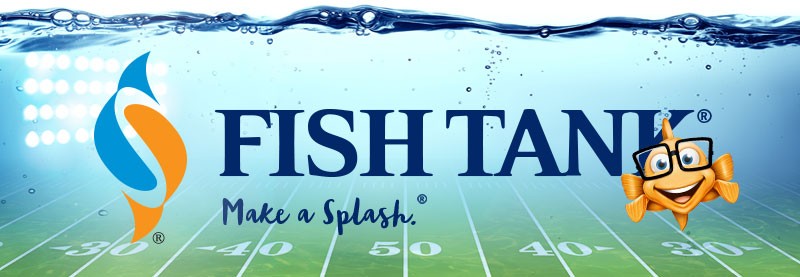Intellectual Property Insights from Fishman Stewart
Mini Article – Volume 22, Issue 25
Share on Social

Top 7 High-Profile Trade Secret Cases from 2022
By Maxwell Goss
Trade secrets are everywhere—and so are legal battles centering on trade secrets. In 2022, a number of trade secret lawsuits involving famous personalities and brands grabbed headlines. Below we dive into 2022’s top seven high-profile trade secret cases.
1. NBA Star Defeats $100 Million Claim He Stole Confidential Marketing Plans: Pro basketball superstar Zion Williamson, power forward for the New Orleans Pelicans, signed a talent contract with an agency back when he was a freshman at Duke University. Later, he sued to cancel the contract on grounds that it lacked a conspicuous warning that he would forfeit his intercollegiate eligibility by signing it. The agency counter-sued Williamson for alleged trade secret theft and claimed $100 million in damages. The agency claimed Williamson had coopted its secret brand and marketing strategy, including a plan to market him as “the first Zion Williamson” as opposed to “the next LeBron James.” The court threw out the agency’s claim and cancelled the contract.
2. Starbucks Sued for Allegedly Stealing Frappuccino Lip Gloss Plans: Balmuccino LLC, a California company with ties to celebrity doctor and recent Senate candidate Mehmet Oz, claims that it met with a Starbucks representative in 2017 and provided prototypes of coffee-flavored lip balms as well as research, supplier information, and other confidential matter. Starbucks decided not to partner with Balmuccino, but later rolled out “S’Mores Frappuccino” lip gloss. Balmuccino has now sued Starbucks in federal court for allegedly stealing its secrets. The case is pending.
3. Jury Rejects Elizabeth Holmes’s Trade Secret Defense: Earlier this year, Elizabeth Holmes, the former CEO of failed biotech company Theranos, was convicted of fraud and sentenced to 11 years in prison. What is less well-known is that Holmes tried without success to invoke trade secret protections as part of her defense. Prosecutors argued that—contrary to what investors were led to believe—Theranos used blood-testing devices acquired from third parties instead of its own technology. When asked why she had hidden this fact from investors, Holmes claimed that Theranos had modified the third-party devices and that the modifications were trade secrets that could not be disclosed. The jury rejected this creative excuse and found her liable for fraud.
4. Hasbro Sued for Allegedly Misappropriating Gel Blaster Trade Secrets: An Austin-based startup sued Hasbro after the toys and games giant allegedly backed out of a deal to invest in the startup’s Gel Blaster product line, went behind its back to acquire a patent to assert against Gel Blaster, and then used the startup’s trade secrets to undercut its business. The alleged secrets include product designs, financials, client information, and business plans. The case is ongoing.
5. Tesla Sues Engineer for Alleged Theft of AI Research: Tesla is developing a supercomputer called Dojo to train neural networks for use with autonomous vehicle software. Earlier this year, Tesla sued an engineer who had worked on the project for alleged trade secret misappropriation. According to the complaint, the engineer was hired in January and then put on administrative leave and resigned just a few weeks later. Tesla claims that the engineer admitted to transferring company information to a personal laptop computer and then submitted a “dummy” laptop rather than the real one to be examined by the company. The engineer has denied the allegations and claims that Tesla has ruined his reputation. The case is now in private arbitration.
6. Trade Secret Claim Triggers Multiparty Dispute Over McDonald’s Broken Ice Cream Machines: Ever wonder why McDonald’s ice cream machines always seem to be broken? A tech company called Kytch sought to answer that question by creating a device that hacks the machines to diagnose and detect errors and remotely adjust the machines’ settings to minimize downtime. Some believe that McDonald’s lets its ice cream machines break on purpose to keep its franchisees locked into expensive service contracts. Kytch sued Taylor, the third-party manufacturer of the machines, for allegedly misappropriating trade secrets relating to its diagnostic device. During discovery in that case, Kytch learned that McDonald’s had allegedly barred franchisees from using the Kytch diagnostic device, which prompted Kytch to file a case directly against McDonald’s seeking $900 million in damages. Both cases are pending.
7. Ford Hit with $105 Million Jury Verdict for Stealing Vendor Software: A Detroit jury recently hit Ford Motor Company with a whopping $105 million judgment for trade secret misappropriation and breach of contract. The plaintiff, Versata Software, had worked with Ford for a decade to develop and provide software that helped Ford prevent recalls and redesigns. In 2014, Ford canceled its contract with Versata and started using software that it had supposedly developed itself. Versata filed suit in federal court in 2015. After seven years of litigation, Versata successfully argued in a 15-day jury trial that Ford’s software incorporated Versata’s trade secrets without permission. Ford has stated that it intends to appeal the verdict.
Trade secret litigation is rising as technology continues to develop and litigants discover that trade secret protection can provide enormous benefits from both a business and legal perspective. These cases illustrate trade secret law’s breadth of coverage—from product ideas to computer software to research data and beyond—as well as the flexibility and adaptability of trade secret law.
Maxwell Goss is a partner at Fishman Stewart. A litigation and trial lawyer, Max represents clients in trade secret and other intellectual property cases throughout the country, bringing forceful advocacy and creative solutions to every case he handles. He also hosts The Litigation War Room, a podcast that presents great stories and great insights from the nation’s most accomplished courtroom lawyers.
Published December 16, 2022


Related Content from Fishman Stewart
In a recent decision, the U.S. Court of Appeal for the Eighth Circuit affirmed a jury verdict holding that the use of the "Success Kid" meme by a congressman's reelection campaign for fundraising purposes did not qualify as fair use.
In February 2024, proposed legislation was introduced in US House of Representatives which would extend copyright protection to golf courses. The bill is titled “Bolstering Intellectual Rights against Digital Infringement Enhancement Act” or the “BIRDIE Act”.
June is Pride Month, which honors the 1969 Stonewall Uprising in Manhattan and recognizes the impact that lesbian, gay, bisexual, and transgender (LGBTQ+) individuals have had on history locally, nationally, and internationally. The United States Patent and Trademark Office flies the Pride Flag and promotes the Pride community’s contributions with programming offered annually.
June is Pride Month. This year we are celebrating with some IP tips for drag performers! Drag performers can protect their intellectual property by registering the copyrights in their original works of music, choreography, and comedy sketches.
You’re rarely more than a few yards from Finny’s favorite chips, semiconductor chips to be precise. But what exactly is a semiconductor chip?
"May the 4th Be With You," also known as Star Wars Day, takes place annually on May 4th. The phrase is a pun on the iconic Star Wars catchphrase "May the Force be with you."
First, a big “thank you” to all our readers who have given feedback on our newsletter. We appreciate your interest and insights. It is always a treat to hear from you! Second, we wanted to provide you with updates on some of our most popular articles
“Palworld”— a computer game created and published by Japanese developer Pocket Pair. Released as an early access game in January 2024, it sold over seven million copies on the computer platform Steam in the first five days and had nearly 20 million players in the first two weeks.
This year’s Super Bowl featured a thrilling overtime victory for the Kansas City Chiefs over the San Francisco 49ers. With estimates as high as 123 million viewers, America's premier sporting event also serves as a grand stage for creativity and intellectual property protections that enhance the game’s success.
Valentine’s Day is just around the corner and jewelry sales are usually around $6 billion USD in the United States alone. In 2021, the US Customs and Border Protection agency seized over $1 billion USD worth of counterfeit pieces of jewelry.
IDENTIFYING, SECURING AND ADVANCING CREATIVITY®











